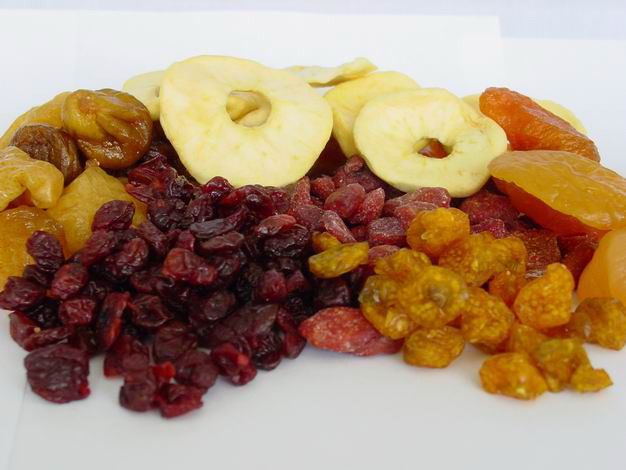Medical expert of the article
New publications
Vitamin deficiency and diet
Last reviewed: 04.07.2025

All iLive content is medically reviewed or fact checked to ensure as much factual accuracy as possible.
We have strict sourcing guidelines and only link to reputable media sites, academic research institutions and, whenever possible, medically peer reviewed studies. Note that the numbers in parentheses ([1], [2], etc.) are clickable links to these studies.
If you feel that any of our content is inaccurate, out-of-date, or otherwise questionable, please select it and press Ctrl + Enter.

How rich are the products in essential vitamins?
To answer this question, we need to understand how vitamins are replenished by various food products in the body when a person is exposed to various external factors.
Various factors can significantly affect the presence of vitamins. These different pathogens can affect the variations in vitamin content.
For example, when milk is boiled, a significant amount of vitamins are lost. Who would want to drink milk that has virtually no vitamins? Yes, milk is drunk because of the vitamins! Conclusion: it is not recommended to boil milk.
Europeans love vegetables
Europeans love to eat vegetables. They mainly eat vegetables grown in greenhouses. And the fact that they are partial to vegetables is a proven fact, since Europeans eat vegetables 9 months a year.
Moreover, the vegetables are from a greenhouse. Greenhouse vegetables are much poorer in vitamins than those that grow in open beds, under direct sunlight.
How unstable are vitamins

After your products have been in the refrigerator for three days, their vitamin content is 30% lower than it should be. At room temperature, the vitamin content is even worse. Over the three days that products have been at room temperature, they become 50% poorer in vitamins.
If you heat-process your future food, 25% of the vitamins that are beneficial to the body may be lost, and sometimes even 90-100%.
Please note that vitamins lose their structure in the light as well. Vitamin B2 is most "afraid" of it, and vitamin A is unstable to ultraviolet radiation.
Another group of vitamin-poor vegetables are processed and peeled vegetables (without skin).
No matter how healthy a product is, and how many vitamins it contains, it loses its qualities with any processing. Pasteurization, drying, freezing, storage in metal containers and various mechanical effects affect the preservation of vitamins.
Weather conditions affect the vitamin composition
Depending on weather conditions (season), the same vegetables or fruits grown on the same land may have different levels of nutrients.
When calculating the benefits of the food a person eats, it turned out that even with a good and balanced diet, a modern person needs about 2500 kcal per day. Despite this, vitamins, even with this norm, enter the body by 20-30% less than it should.
Production of enzymes and acids

The whole catch is that certain processes in the body occur only in the combination of specific vitamins, when taken simultaneously. Let's say that the body needs to produce lactic acid and this requires three different vitamins. In the absence of at least one vitamin from this "trinity", lactic acid will not be produced.
Can a person eat only fruits and not suffer from vitamin deficiency?
If you are serious about maintaining your body with vitamins, then an apple will definitely not play a significant role. In fact, you cannot fully compensate for the lack of vitamins with just one fruit, even if you eat kilograms of it every day. And all because you will need ascorbic acid, folic acid, carotene, etc. for normal life and immunity.
No fruit or vegetable can fully provide you with these essential components that nourish the body and help it to function stably. Apple juice contains only 2 milligrams of vitamin C per 100 grams of juice. To replenish the daily norm of vitamin C for the body (60 mg), you will have to drink at least 15 glasses of apple juice per day.
The sources of vitamin B and fat-soluble vitamins A, D, E are meat products, eggs, kidneys, liver, milk, oils, bread, cereals. And these vitamins are also contained in buckwheat, oatmeal, brown rice and millet. But again, it is impossible not to note the fact that the amount of vitamins needed for consumption and the amount that a person is physically able to eat cannot be called an equivalent exchange.
Vitamins are our strength
Vitamins are our strength, they contain a lot of positive energy. We cannot neglect such important components for the functioning of our body as vitamins. They sometimes play the most important roles when eating or when the immune system tries to fight infections with all its might.


 [
[